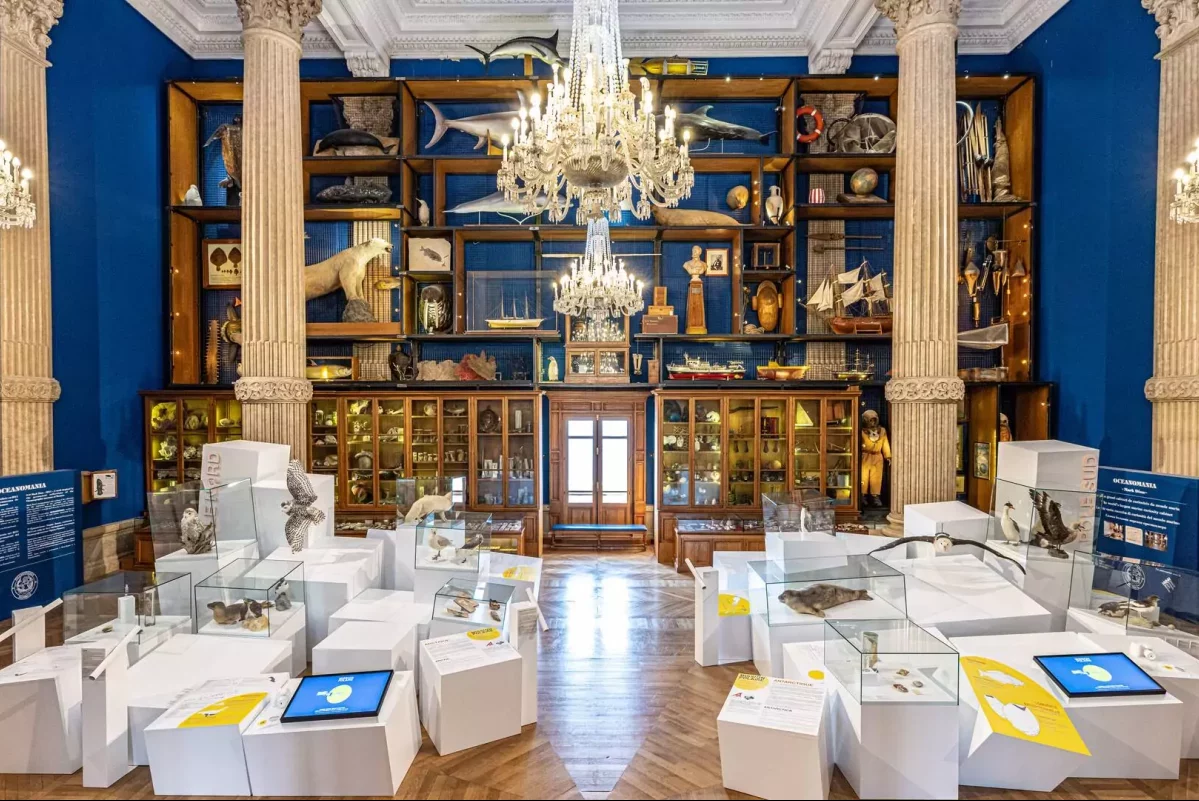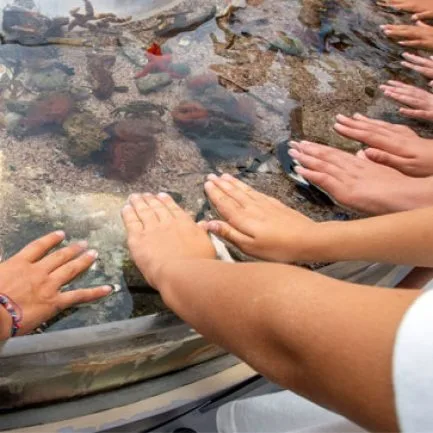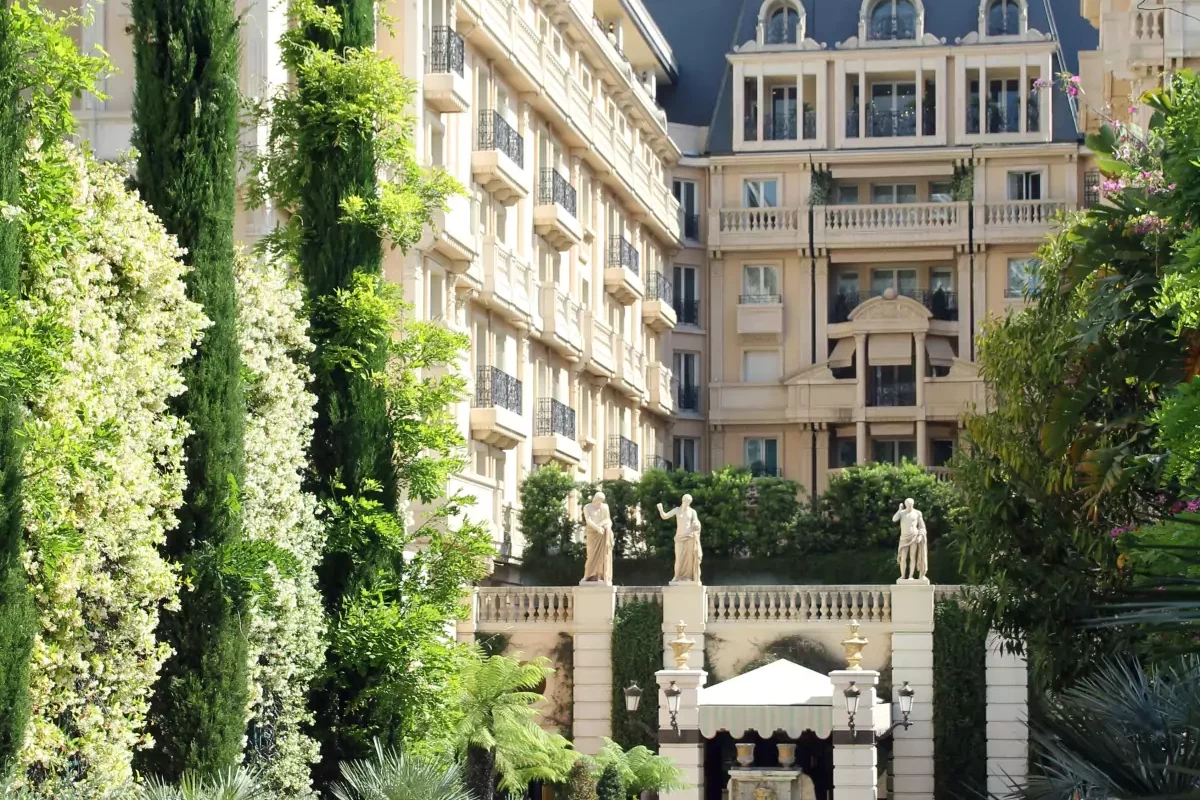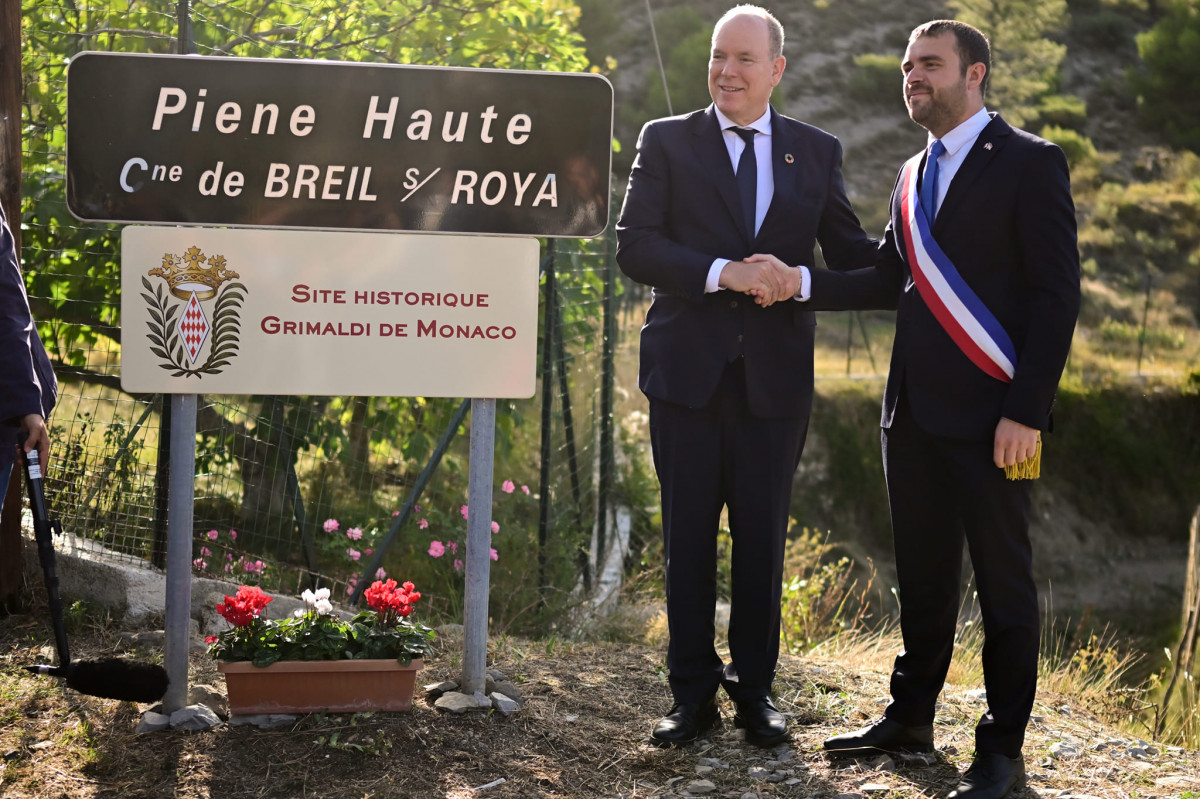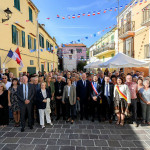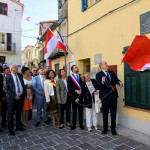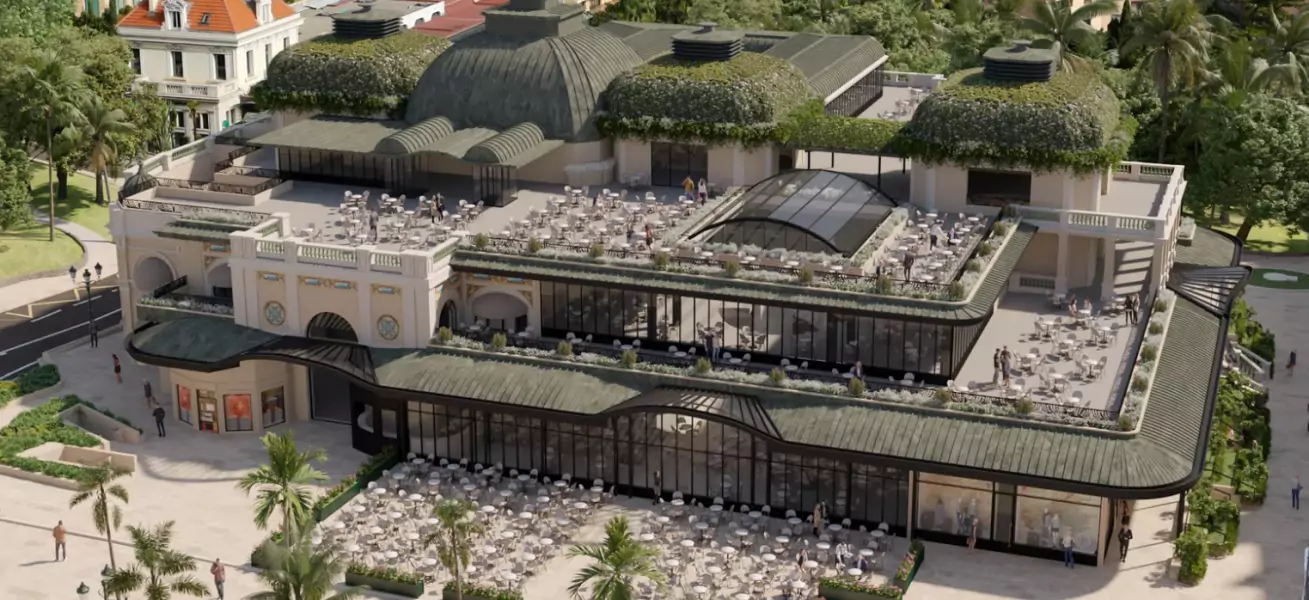Did you know that French law requires dogs to be kept on leads for walks in forested areas between 15th April and 30th June? Monaco Life explains the reasoning behind the rules.
Every spring, the headlines in France are full of misleading messages about the obligation to keep dogs on leads while walking in woodlands and forests. The clickbait news articles always cause a stir among dog owners, who fear that their companions are being unnecessarily restricted for no real reason.
But there are good intentions behind the law, which first came into effect in 1955.
According to the rules, “it is prohibited to walk a dog that is not on a leash in woods and forests” between mid-April and the end of June.
This is a critically important time period for wild animals, who typically give birth to their young during springtime.
The motivations for the rules are to prevent dogs from getting too close to the country’s wild fauna and from chasing or even killing other animals during the height of their breeding season.
Even for the best-behaved dog, natural instincts can take over in certain cases, and to eliminate risks to wildlife, the government decided to outlaw free roaming during this period. Furthermore, local authorities also reserve the right to forbid dogs from accessing certain locales entirely.
The definition of what constitutes an out-of-bounds area is quite broad, with the rules stating that roads, forest trails and all walking paths are subject to the letter of the law, while forest partitions, firebreaks and plot boundaries are fine.
A 1989 addendum to the law helps clarify the rules: “To prevent the destruction of birds and all species of game and to promote their repopulation, it is prohibited to allow dogs to roam in cultivated or uncultivated land, meadows, vineyards, orchards, woods, marshes and on the banks of rivers, ponds and lakes.”
Despite timely reminders of the rules each spring, many dog owners take umbrage with the regulations or remain ignorant of the law, allowing their dogs to wander freely in wooded areas and risk fines of up to €750.
Read related:
Record numbers of dog breeds and handlers expected at 2024 Monaco International Dog Show
Join the Monaco Life community – sign up for the Monaco Life newsletter, follow our Podcasts on Spotify, and check us out on Threads, Facebook, Instagram, LinkedIn and Tik Tok.
Photo source: Samuel Charron, Unsplash



